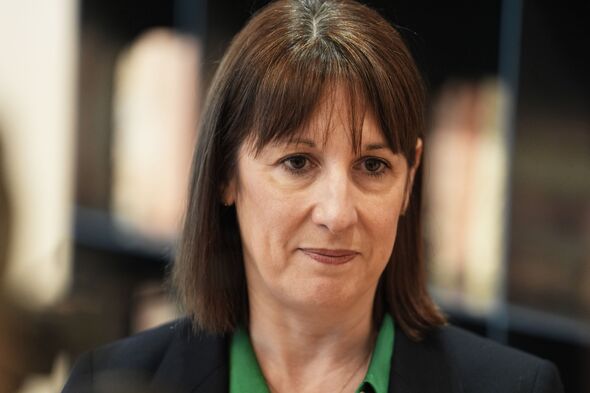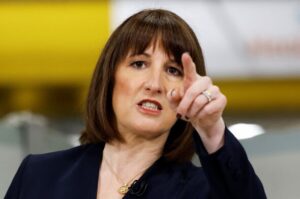
UK businesses have been slashing jobs at the fastest rate in more than four years, with upcoming Budget cost rises “intensifying” the pace of cuts, a new survey has revealed. Activity across the UK’s private sector has nonetheless risen this month, propped up by the growing services industry.
Data from SandP Global showed that a decline in staffing numbers in February was the sharpest since November 2020. Job-cutting was largely in response to higher payroll costs, with pressure to increase wages driving up business expenses, coupled with weak demand, it found.
The headline SandP Global flash UK composite purchasing managers’ index (PMI) reported a reading of 50.5 for February, down slightly from January’s reading of 50.6. The flash figures are based on preliminary data. Any score above 50.0 indicates that activity is growing, while any score below means it is contracting.
Chris Williamson, chief business economist at SandP Global Market Intelligence, said the early data for February indicates that “business activity remained largely stalled for a fourth successive month, with job losses mounting amid falling sales and rising costs”. “The lack of growth alongside rising price pressures points to a stagflationary environment which will present a growing dilemma for the Bank of England,” he said.
Input cost inflation increased in February for the fourth month in a row, according to the survey, which businesses largely linked to higher salary payments and the impact of suppliers seeking to pass on upcoming increases to employer national insurance contributions.
It follows official figures on Wednesday showing the rate of Consumer Prices Index (CPI) inflation increased to 3% in January, higher than economists’ expectations for the month. Mr Williamson added: “A key factor behind the upturn in inflationary pressures is the growing number of firms reporting the need to raise prices in order to help offset the impending rise in staff costs associated with the national insurance hike and uplift to the minimum wage announced in the autumn Budget.
“However, companies also reported that the Budget changes also played a major role in driving intensifying job cuts. Employment fell sharply again in February, dropping at a rate not seen since the global financial crisis if pandemic months are excluded.
“One in three companies reporting lower staffing levels directly linked the reduction to policies announced in last October’s Budget.”
Organisations currently pay a rate of 13.8% National Insurance on employees’ earnings above a £9,100-a-year threshold. Chancellor Rachel Reeves announced last year that a new rate of 15% will come in from April, with the threshold reduced to £5,000.


















